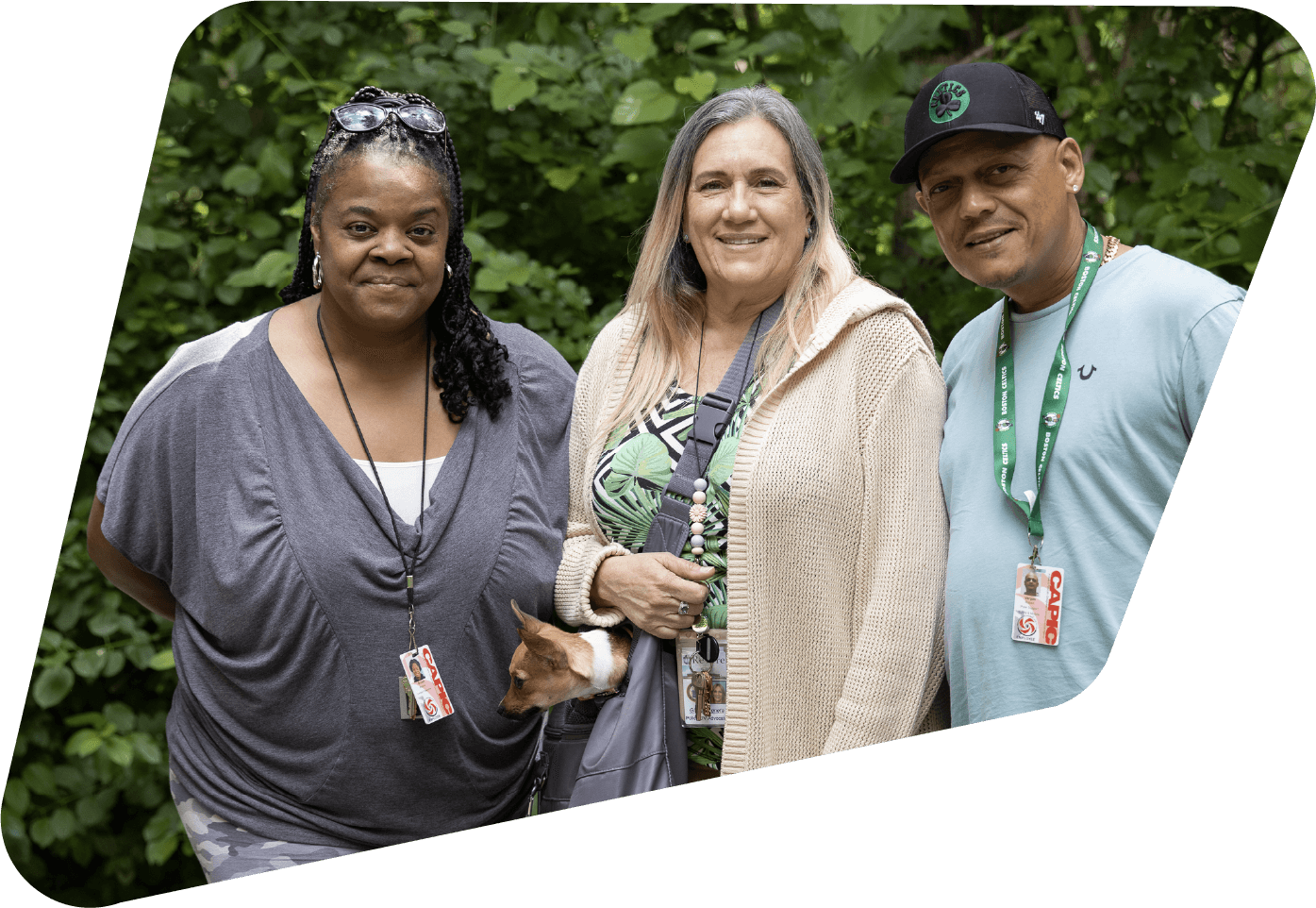Grantmaking


Who We Support
Mosaic’s grant programs fund community-led initiatives that use ideas with promise to address the opioid overdose crisis. Guided by people with lived and living experience, we are committed to ensuring that the dollars are invested and remain in the communities most deeply impacted by the crisis.
Approach: Increasing Capacity and Sustainability in the Field
RIZE has developed a three-phased approach to providing access to settlement funds for communities that have been historically underserved. The intent is to create a pathway for community-led organizations that may not have been eligible for grant funding in the past to access grant funds. RIZE’s approach includes technical assistance and learning opportunities to assist organizations applying for funds.
Grant Programs
RIZE awarded $3,750,000 to 18 organizations through its Community-based Opioid Response Efforts (CORE) grant program in August 2024. The primary goal of this first round is to help organizations deepen their impact, scale their work, and build a strong and sustainable infrastructure to meet the needs of the populations they serve. The three-year grants provide general operating support and range from $16,000 to $150,000 annually, depending on the organization’s size and budget.
In March 2025, RIZE awarded nearly $1,500,000 to 75 municipalities and their nonprofit partners through its Mosaic Municipal Matching Grant program. This round of funding is focused on matching municipal settlement funds in cities and towns using best practices to end the overdose crisis, utilizing Care Mass resources, conducting community outreach and needs assessments, and collaborating with others. This is the first of three rounds through the Mosaic Municipal Matching Grant program, unlocking nearly $3 million in the initial round. The one-year grants range from $5,000 to $150,000 and fund initiatives focusing on at least one of the following areas: prevention, harm reduction, access to care, recovery, trauma, grief, and family supports.
In April 2025, RIZE launched Family Resilience, the third grant program through Mosaic. The grant will distribute $7.5 million in grants over three years to community-based organizations that are building comprehensive support systems for families across Massachusetts.
Funding will supplement and strengthen prevention, harm reduction, connections to care, and recovery programs with a public health approach while helping organizations build capacity and community, strengthen partnerships, and create opportunities for collaboration across sectors.
Review Process
All proposals will undergo a fair and timely review process involving individuals with relevant expertise and lived or living experience. We ensure each application is reviewed by people representing different areas of the care continuum. Our reviewers receive training and guidance to guarantee an impartial review.
Evaluation Framework
RIZE aims to measure what matters most, not just what is easily measurable. Our evaluations track progress, increase grantee capacity for data-informed decision-making, and develop a community of learning and improvement. This helps grantees understand what works, adjust what doesn’t, and create sustainable means to measure impact. Evaluation focus areas and metrics are designed with grantee input and participation. In addition, we ask grantees to prepare annual progress reports, share learning among the cohort, and share impact data with others who might benefit from learning alongside us.

Centering the Voices of People with Lived and Living Experience
Centering the voices of people with lived and living experience is part of RIZE’s DNA and is integral to the success of Mosaic to ensure dollars are reaching the communities most impacted by the opioid overdose crisis. We are committed to awarding grants to organizations that center the voices of those most affected.
Health Equity Statement
RIZE believes that anyone with opioid use disorder (OUD) should have access to a range of substance use treatments, including all types of medication for OUD, psychosocial interventions, harm reduction, community services, and recovery supports. Yet, gaps in access to care remain, especially for people who identify as Black, Indigenous, and people of color, as well as rural residents, LBGTQ+ persons, youth, and others. RIZE makes health equity a grantmaking priority by investing in programs that increase access to care and address root causes, such as racism, poverty, and power imbalances. RIZE also follows the MA Department of Public Health Principles for Racial Equity and endeavors to meet national Culturally and Linguistically Appropriate Services (CLAS) standards as an additional tool to help achieve health and racial equity.


